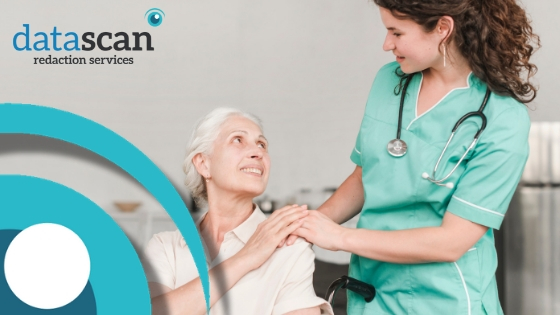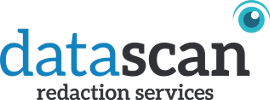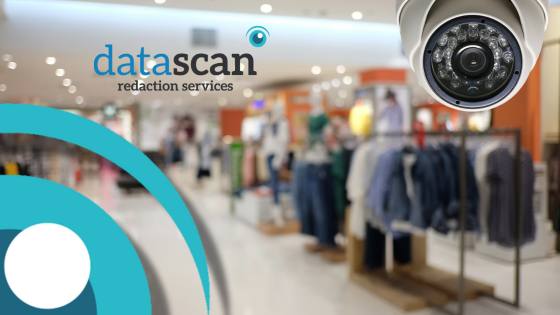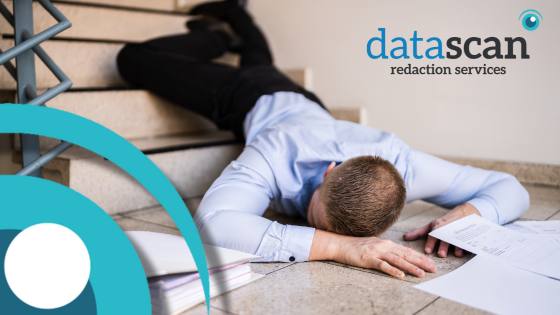
When a loved one moves from their own home into a nursing home it can be quite a change for the family. However, once settled, the patient can become very contented in their surroundings and the family will have peace of mind knowing that they are being cared for professionally.
CCTV
The family may need reassurance that their loved one is being looked after and protected in their new environment. In many modern nursing homes, CCTV has become another tool to ensure the safety of both the residents and staff. It brings with it many benefits including giving extra security against unauthorised visitors and monitoring work practices in patient safety.
While providing an additional protection to vulnerable residents it may also bring some concerns to those managing the home. With the introduction of GDPR, concerns will surround the footage and how or when it can be viewed and shared in particular. This CCTV footage will contain images of people and may even include information about their health, this is all sensitive information.
Consent to view footage
The management team of the home will obviously have the right to view the actual footage. But who else could request to view it and how would that be handled correctly?
When the resident is suffering with dementia it will be their guardian that will make the decisions and they could request access to footage with their family member in it. Let’s say they want to see proof that their parent is having a meal every day. This may happen in a dining room with other residents. If they want to view the footage, then the other people that appear in the footage should have their images redacted in order to comply with GDPR.
If they want to see who is visiting the resident, again the footage would contain other people moving in and out of the shot so their images would have to be pixelated in order that they could not be identified.
Health & Safety
CCTV will capture and record valuable information and is proven to act as a deterrent for crime. It will also be a valuable tool in protecting staff and management against malicious claims. In the event of CCTV footage being needed to support a legal claim, the people who are not involved in an incident but are captured on footage have rights. Their faces must be blurred before the footage is shared. Meanwhile clever technology can enhance the people’s actions that are being scrutinised. All of this extra work can be outsourced to a video redaction service provider in order to ensure it is fully compliant.
Respect
While the introduction of CCTV in nursing homes for the purpose of detecting or deterring abusive behaviour is welcome, it is important to respect the rights of service users.
If you would like straightforward and practical advice on what you need to do to ensure compliance with GDPR when it comes to CCTV footage, talk to us. We aim to give helpful advice and let you know if you actually need redaction services. If you have any concerns or want to know more, please contact the Datascan Redaction Services team.



Stay In Touch